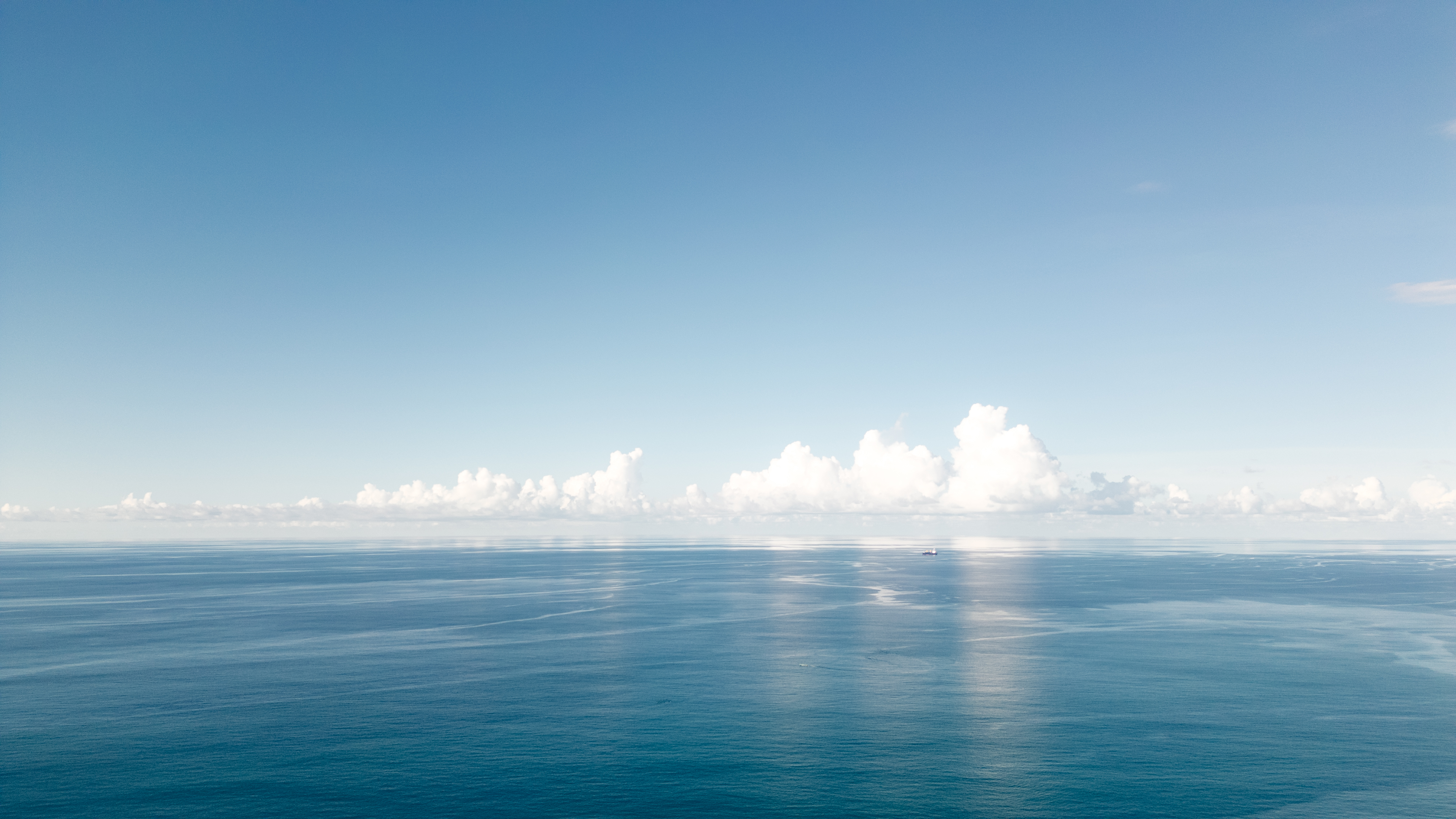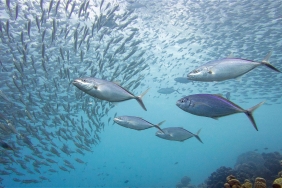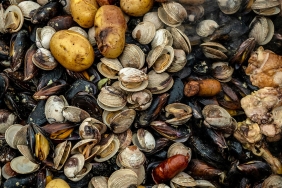INDONESIA'S FISH STOCKS BEGIN TO DECLINE, FISHERIES BUSINESS THREATENED
Jakarta - After Medan and Jakarta, today (12/6), WWF-Indonesia, through the Seafood Savers Initiative, together with the Ministry of Maritime Affairs and Fisheries (KKP), held an open discussion themed "Active Role of Private Sector in Fulfilling Export and Domestic Market Requirements Related to Sustainable Fisheries"in Surabaya. The implementation of this activity was motivated by the dismal condition of Indonesia's fisheries which currently hints at the need for improved fisheries practices.
Data released by the MMAF in 2013, refutes the notion that the ocean has endless resources. The data shows a decline in fisheries potential in various areas of Indonesian waters. Fisheries Management Area (WPP) 571 which includes the Strait of Malacca and the Andaman Sea showed a decrease in marine capture fisheries production, from 509,171 tons (2012) to 475,489 tons (2013). Meanwhile, WPP 572 in the Indian Ocean West of Sumatra and Sunda Strait also showed a decrease in marine capture fisheries production from 576,632 tons (2012) to 575,091 tons (2013). Similar results are also shown from the catch per unit figures which continued to decline in the 2004-2011 period. The analysis illustrates the reality on the ground, where fishermen have to travel longer distances and expend greater effort to get a catch.
The discussions in the three major cities underscored the importance of implementing sustainable fisheries practices as an effort to restore Indonesia's fisheries resources. Sustainable practices also provide additional benefits for actors who implement them, due to the development of market trends.
"From the market side, in the future, fishery products that come from sustainable management are a necessity. Global public awareness of sustainable utilization of fisheries resources has become a positive trend," explained Saut P. Hutagalung, Director General of Fisheries Product Processing and Marketing, KKP.
During the discussion, companies and associations conveyed their obstacles in obtaining fish supplies in recent years. The process of improving the fishing industry as evidenced by sustainability certificates does require full commitment and investment from companies. However, the cost will pay off with the guarantee of their business continuity and the opening of international markets for the sustainable products produced.
Margareth Meutia, Coordinator of WWF Indonesia's Seafood Savers Initiative, said, "The Indonesian fishing industry needs to see sustainable fisheries practices as an investment, not a burdensome additional cost. The essence of sustainable fisheries practices is the availability of sustainable fish resources, which will ensure the sustainability of their business in the future. The market for sustainable fisheries products continues to grow, not only in Europe and the United States, but also to Asian markets such as Japan."
Recognition from both domestic and international markets for sustainable fisheries products is key to change in Indonesia's fisheries industry. "From these three discussions, we obtained input from companies that sustainable practices can be realized if the market appreciates the efforts of companies that are willing to implement sustainability standards. We really appreciate the companies that attended and expressed their commitment to improving fisheries, one of which is through the Seafood Savers Program," said Margareth.
Note to Editor:
- Seafood Savers is an initiative established by WWF in 2009 that is intended as a business-to-business platform to facilitate fisheries producers, retailers, restaurants, hotels, and financial institution groups towards sustainable fisheries businesses and practices. Seafood Savers refers to two sustainable fisheries certifications, the Marine Stewardship Council (MSC) for capture fisheries and the Aquaculture Stewardship Council (ASC) for aquaculture. Information about Seafood Savers and companies committed to responsible fisheries production can be found at wwf.or.id/seafoodsavers or seafoodsavers.org.
- Sustainable fisheries practices are fisheries practices with environmentally friendly ways such as not using bombs, cyanide, and non-selective fishing gear. In addition, sustainable fisheries practices are also supported by good business and environmental management, and pay attention to the balance between utilization activities and the condition of species populations in nature. Sustainable practices are not limited to the protection of nature but also a guarantee for the continuity of the fisheries business.
- Photos of activities and presentations of Open Discussion presenters in three cities can be downloaded through the link: http://bit.ly/1u3YyJg.
.
For more information, please contact:
- Margareth Meutia, Seafood Savers Initiative Coordinator, WWF-Indonesia (mmeutia@wwf.or.id,+628158812844) +628158812+628158812844
- Novita Eka Syaputri, Seafood Savers Initiative Communication Assistant, WWF-Indonesia (emailnyanobi@gmail.com, +628561887009)+62856188700+628561887009
Call
Send SMS
Add to Skype
You'll need Skype CreditFree via Skype





